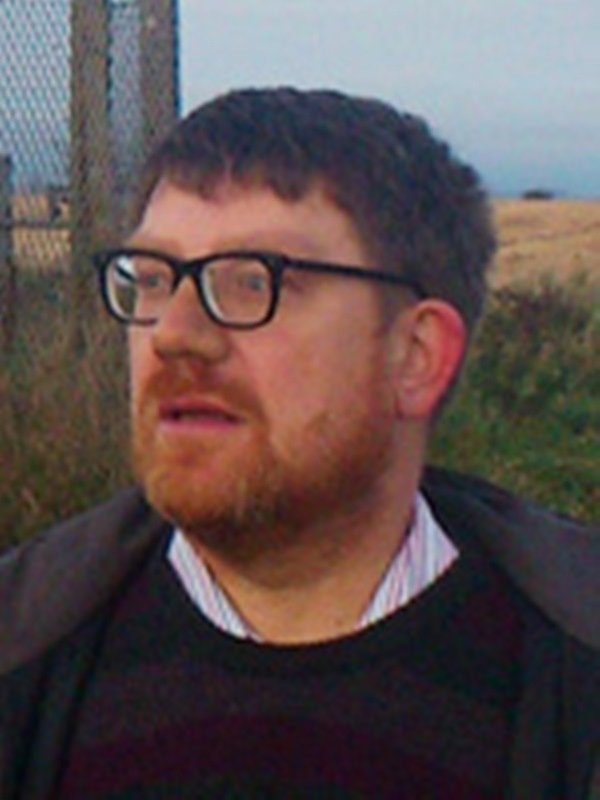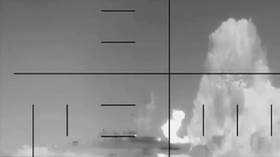Mark Duggan's execution - an opportunity to lance Britain's biggest boil
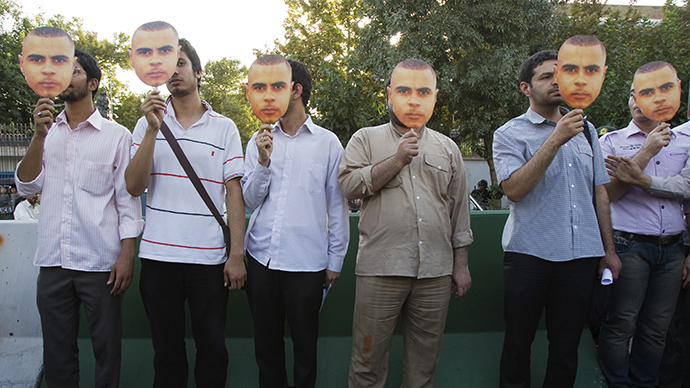
It's difficult to paint police corruption and judicial cover-up as a surprise here in Britain since it colors some aspect of the national news almost every day.
In recent months we've seen phone hacking, pedophile Jimmy Savile and the Hillsborough football disaster cover-ups, as well as the trillion pound City of London fraud, and money laundering crimes for which nobody has been punished.
Nevertheless the London media expressed shock and sadness this week as an inquest jury returned a 'lawful killing' verdict on police who shot dead Mark Duggan, a mixed race unarmed Londoner, in 2011. His killing sparked some of the worst riots Britain has seen since the Second World War. The press, however, fail to link this latest miscarriage of justice to a consistent trail of deep-rooted corruption. Two recent revelations compounding cover ups and lies reared their heads in the cases of murdered black teenager, Stephen Lawrence, and G8 protest bystander, Ian Tomlinson, who was beaten to death.
Indeed, a London based campaign, 'Inquest', was founded in 1981 to fight miscarriages of justice, largely of ethnic minorities killed in custody or while being arrested. Filmmakers Ken Fero & Tariq Mehmood released 'Injustice' in 2001, which documents the case of Brian Douglas who died in 1995 and scores of others' deaths at the hands of the police. Much loved black musician, Smiley Culture, died in 2011 while being arrested. Brazilian electrician Jean Charles De Menezes was shot in cold blood on an underground train in 2005. The list goes on... and on... and on.
Mark Duggan feels like a familiar personality to those living in London's ever more impoverished 'sink estates'. State planned unemployment has plagued Britain over the last thirty years and many intelligent young men like Mark find the only way to better themselves, and to give a degree of protection for their family, is in the 'black market' underground economy.
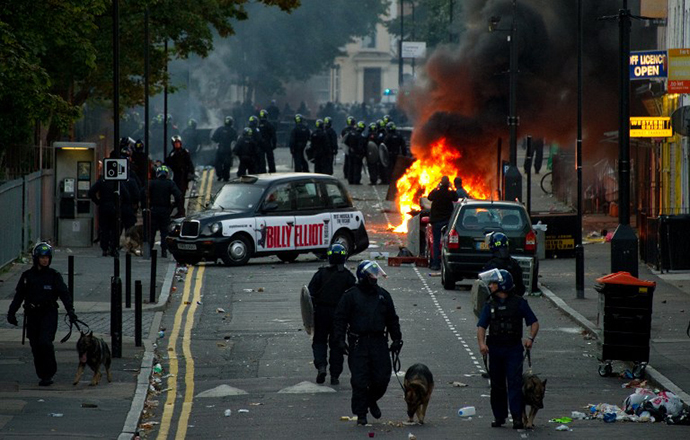
Thus, their logical solution is dealing with local gangs involved in petty crime such as cannabis dealing. Mark, like the rest of us, had the lawless impunity of the super-rich shoved in his face. With blatant criminality from the assassination of Princess Diana to trillions of pounds of City of London fraud going unpunished at the top of society's pyramid.
A license to kill, kill and kill again
UK police officers anywhere near a killing are afforded extraordinary legal anonymity. This is unheard of in countries that want open justice but has been extended by the UK Coroners and Justice Act 2009. This anonymity for soldiers or police accused of murder looks rather too much like the nuts and bolts of a police state, after successive killings by police have gone unpunished.
Officers from the Met's CO19 firearms squad stopped Duggan's taxi at 6:15pm on Thursday 4th August 2011 and within seconds a former Irish soldier had fired the fatal shot into Duggan's chest. This officer has been known to the victim's family, jurors, press and public only as 'V53'. Another policeman, V59, was shown to jurors on CCTV 'planting', according to an eyewitness, a gun 15 feet away from Duggan's dead body.
Those hearing V53's Irish accent at the inquest may have been reminded of the bad old pre-1999 'Good Friday Agreement' days of a racist Orange-Order- dominated state in Northern Ireland. Both their Royal Ulster Constabulary (RUC) police and Ulster Defence Regiment (UDR) soldiers were later disbanded after the depths of their corruption was uncovered, and many of these men went looking for work abroad.
Oxford based investigative journalists, Corporate Watch, working with the Belfast Telegraph recently discovered the UK Foreign Office 'seconded' Gary White and Duncan McCausland from the Police Service of Northern Ireland (PSNI) to the torturing and genocidal Sri-Lankan police. These are the consequences of anonymity and impunity. Those that are helped to get away with it can move on to re-offend. If an inquest is free and fair then what have police officers got to hide?
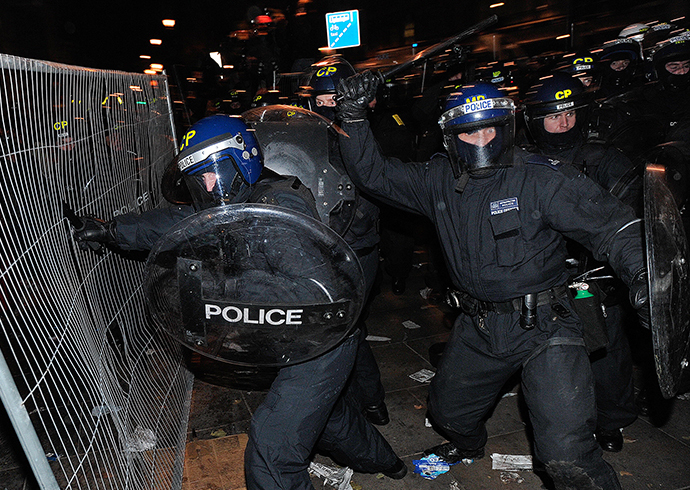
The statistics beggar belief: in 12 years and 340 deaths at the hands of the police, not a single British policeman has been convicted. Nowadays many are not even publicly named. The anonymity extends 'impunity' protection throughout a policeman's security career, meaning no future employer will know of previous killings, and even further people killed by V53 in the future may not know that he has already killed. This anonymity appears to give today's Met. police firearms officers a license to kill, kill and kill again.
When a policeman kills the law looks the other way
Lies and cover-up began within hours of Duggan's killing. Both that day and the next, Metropolitan police press officers released statements saying the unarmed Duggan had 'opened fire first' and that police had been embroiled in a 'fire-fight'. Later, nearly 100 eyewitnesses told the inquest that Duggan was not carrying a gun.
A police radio damaged by a bullet was rolled out for the press and public to see, along with the story that a police life had only been saved because the radio had stopped the bullet. When the radio was subjected to forensic examination, it showed the radio had been shot by a police pistol. Who will pay the price for this crude attempt to massage evidence, a specific perversion of the course of justice?
After the verdict on Thursday 8th January 2014 Met. police Public Relations spun the line that police might carry 'smart cameras' on their helmets to record these incidents in future, but if the 7/7 London Bombings are anything to go by, police would simply 'lose' any inconvenient footage.
There are questions too about the Duggan inquest jury being 'fixed'. As someone prepared to challenge the establishment, my own experience is that in over fifty years I have never been asked to serve. The system for picking jurors is shrouded in secrecy and cases are often moved to areas with lots of retired military jurors to give a better chance of conviction.
'Lawful killing'?
The 'lawful killing' verdict rubs salt into the wounds already inflicted on Mark Duggan's family and Tottenham: both the killing itself and the failure of the police to communicate with the family in the days following his death.
Tottenham, London and Britain must bring the Metropolitan police and London’s 'elite' back within the rule of law so that we can honestly say that a murder by police, like that of Mark Duggan, will never go unpunished again. The 'do-nothings' will only nudge Britain closer to becoming a Latin American Columbian brand of police state.
The statements, views and opinions expressed in this column are solely those of the author and do not necessarily represent those of RT.
The statements, views and opinions expressed in this column are solely those of the author and do not necessarily represent those of RT.
